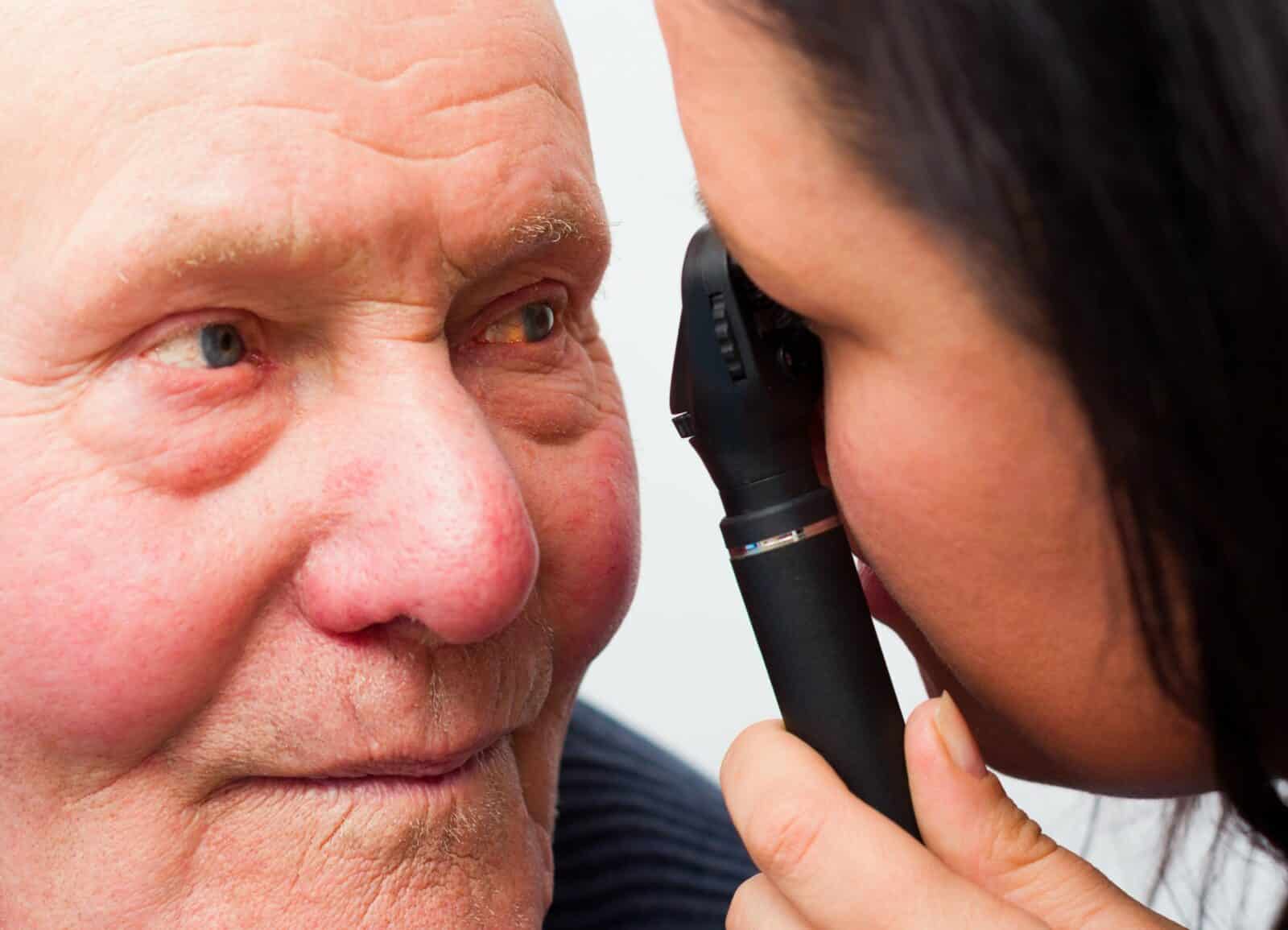Call to speak to a Licensed Insurance Agent
Mon - Fri 8am – 8pm EST; Sat - Sun 10am - 6pm EST
Call to speak to a Licensed Insurance Agent
Mon - Fri 8am – 8pm EST; Sat - Sun 10am - 6pm EST

Eye refraction exams help determine the exact strength of the prescription you need for eyeglasses or contact lenses. It is a fairly common part of the standard eye exam that people get.
If you are going to get this exam soon you may be wondering, “does Medicare cover eye refraction?” In this article, we answer that question in clear, plain English. Plus, we’ll share information of the costs of a refraction exam for those who don’t have insurance.
The short answer is no. In most cases, Medicare will not cover the cost of a refraction exam before the construction of your contact lenses or eyeglasses. That said, there may be some situations where you can get these costs covered. Below we’ll take a closer look at this to see when you might be able to get Medicare to pay for your refraction exam.
Original Medicare (Medicare Part A and Part B) does not provide coverage for refraction exams. So that means you will have to pay 100 percent for your refraction exam. In fact, that’s the case for any routine vision care.
That is because Original Medicare generally does not provide coverage for routine vision care. However, even though Original Medicare does not provide coverage for refraction exams and other routine eye services and care, they may cover some eye exams.
They will provide coverage for eye exams if it is medically necessary as a part of the treatment for your condition or as a preventive measure.
Original Medicare may provide coverage for eye refractions if you need it for:
Original Medicare will provide coverage for one eye exam a year if you have diabetes. This eye exam is called a diabetic retinopathy exam. Coverage for a diabetic retinopathy exam is provided by Medicare Part B.
Once approved, Medicare Part B covers 80 percent of the costs of your diabetic retinopathy exam. You will pay for the remaining 20 percent.
If you are at high risk of developing glaucoma, Original Medicare will also provide coverage. They will cover one eye exam a year. You are considered at high risk if you:
If you have macular degeneration and need an eye exam, Original Medicare will cover the costs.
However, some Medicare Advantage plans (Medicare Part C) provide coverage for a refraction exam. While Medicare Advantage plans have to provide coverage for everything Original Medicare does, they also offer additional benefits. One common benefit is vision care. The specifics of what vision services are covered and how much the out-of-pocket costs are for these services will vary on the plan.
Many Medicare Part C plans provide coverage for routine vision care such as eye refractions.
The cost of a refraction exam usually ranges between $15 and $40. This cost will vary depending on the provider.
Note: Medicare coverage changes all the time. And your specific coverage may vary from plan to plan for Medicare Advantage and Medigap plans. Always be sure to double check with your health care provider and/or Medicare insurance provider about what your plan covers and what it does not.
This article is part of our series on “What does Medicare cover?”
Also, you can check out other articles in this series including: Does Medicare cover sleeve gastrectomy?